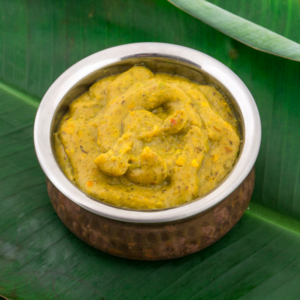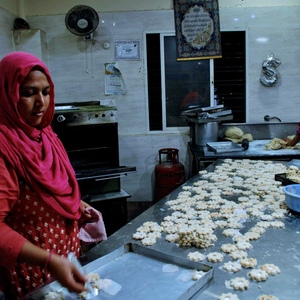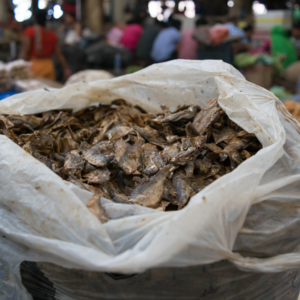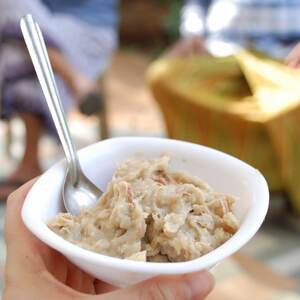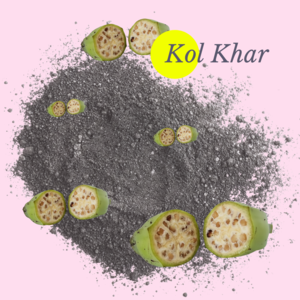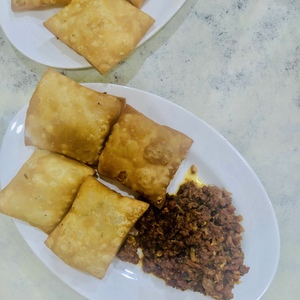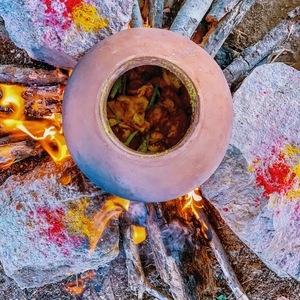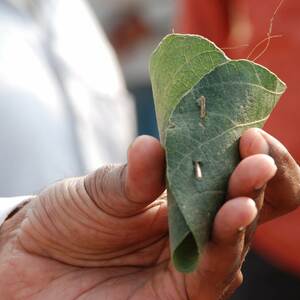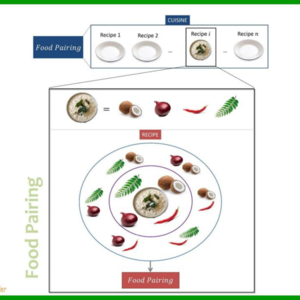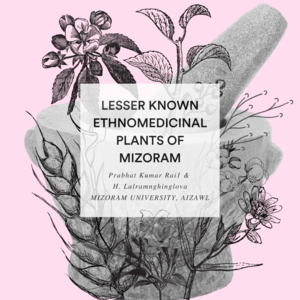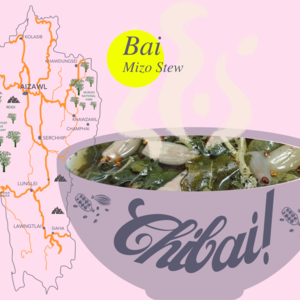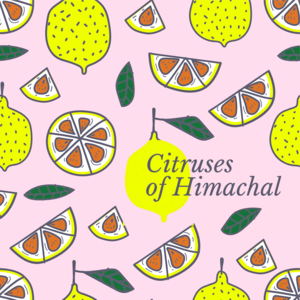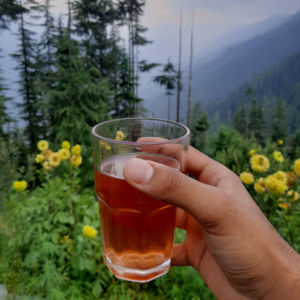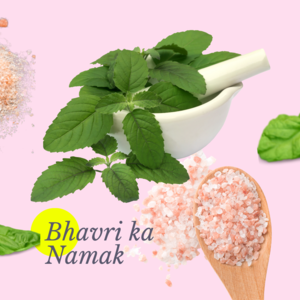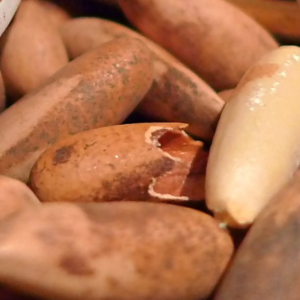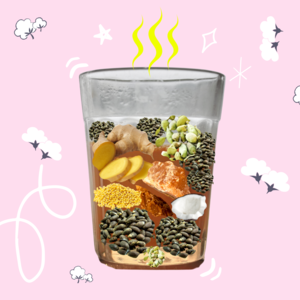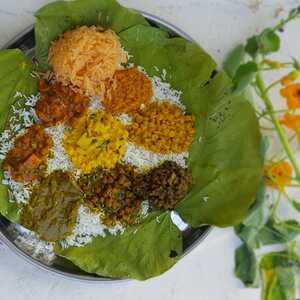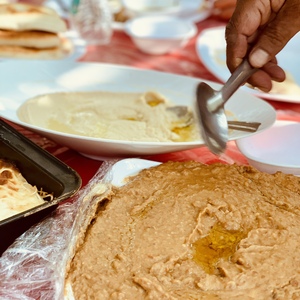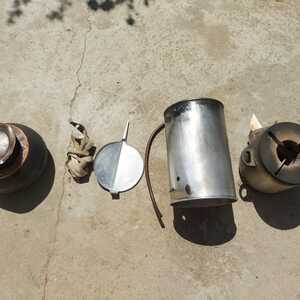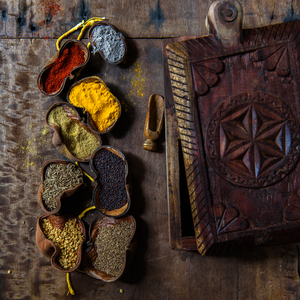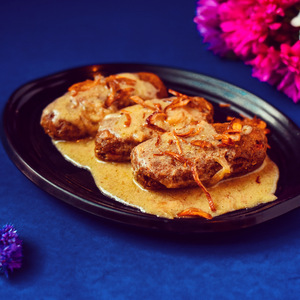Fasting through many new diets is in vogue now, but this age old tradition across India has been an intricate part of our food culture. The vast epic and mythological literature, spanning centuries and millennia shows the deep significance of food in religion and philosophy.
Rituals & medicine
Fasting as a ritual was done mostly for spiritual and medical reasons to cleanse the body and mind. It was and still is also often used as a political manifesto. Across culture, religion and politics, fasting has always been a choice, an intention - rarely an obligation. And it could mean anything from avoiding certain foods or meals on certain days to seeing unmarried women fasting on Mondays in order to have a good husband.
In medicine, the connection between food and health is clearly seen in Ayurveda (Indian medicine) and Unani (Islamic medicine). Interestingly, these dietary rules and restrictions also come with some food rituals to... break the fast.
The Iftar
A very popular and delicious one that is the Iftar, the snack eaten at sunset to break the fast during Ramadan. We learnt from the Bharkas community in Hyderabad of a particular Iftar dish - Haleem (which we write about here by the way). Made from meat and pounded wheat with an addition of spices, this dish provides instant energy. Haleem was originally served on special occasions by the Nobleman of the Nizam. People loved it and being a high calorie dish it was perfect to break the fast with. Today Muslims and Non-Muslims alike relish this delicacy even outside of Ramadan.
Many such food preparations, before and after fasts, across the many religions in India are a unique representation of the diverse food culture that is collectively shared through the sacredness of spirituality and wellbeing.


